1x Trade Review Exposed: Withdrawal and Bonus Tricks
1x Trade scam: traders report that profits are being seized and withdrawals are being blocked. Review evidence and secure your funds now.
简体中文
繁體中文
English
Pусский
日本語
ภาษาไทย
Tiếng Việt
Bahasa Indonesia
Español
हिन्दी
Filippiiniläinen
Français
Deutsch
Português
Türkçe
한국어
العربية
Abstract:The complete explanation of how a Virtual Private Server is useful in forex trading and how traders can benefit from using it.
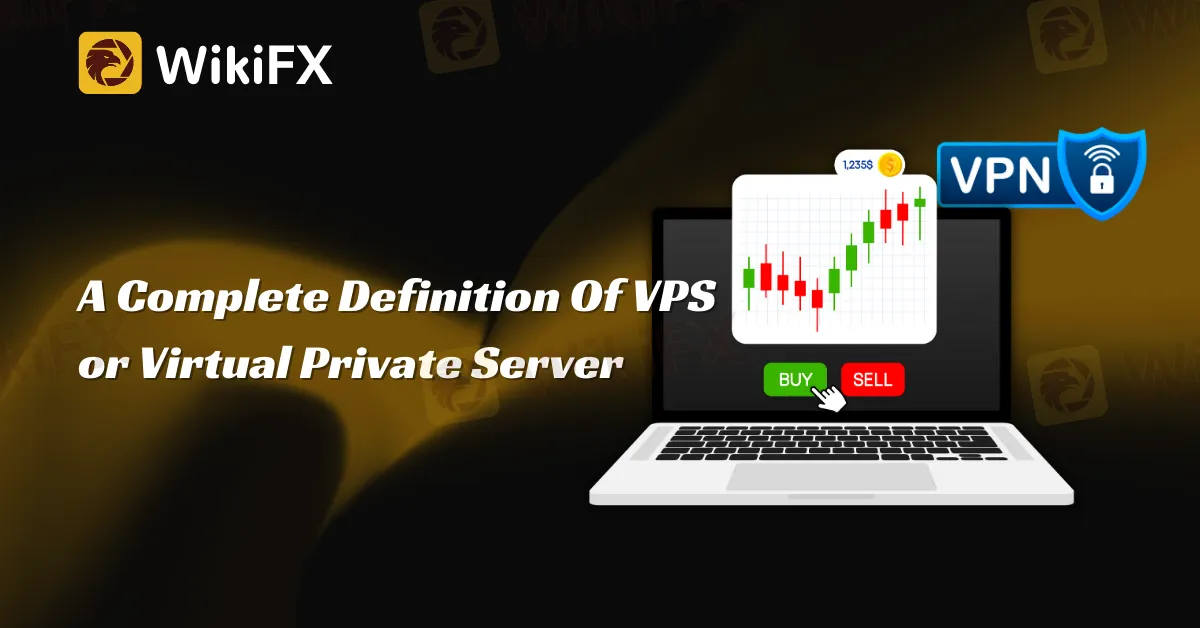
A virtual private server (VPS) is a type of web hosting service that allows customers to have their own virtual space with their own resources, such as CPU, RAM, and storage, on a physical server. This allows customers to have more control and flexibility than with shared hosting, while still being more cost-effective than dedicated hosting. VPS is often used by businesses or individuals who need more resources than a shared hosting plan can provide, but do not want to invest in a dedicated server.
How can a VPS be useful in forex trading?
In forex trading, a virtual private server (VPS) can be used to run trading software, such as expert advisors (EAs), 24 hours a day without interruption. This is useful for traders who want to run automated trading strategies or who want to ensure that their trades are executed even when their own computer is turned off. A VPS can also make it easier and safer to run trading software because the resources given to it are separate from those given to other users and are only used by the VPS. Also, a VPS is usually close to the broker's data center, which can help cut down on latency and improve trade execution.
What are the Pros and Cons of VPS in forex trading?
The Pros of using a virtual private server (VPS) for forex trading include:
Automated trading: A VPS allows traders to run their automated trading strategies 24 hours a day, even when their own computer is turned off.
Reduced latency: A VPS located near the data center of the broker can help to reduce latency and improve trade execution.
Increased stability: A VPS provides a dedicated and stable environment for running trading software, which can help to prevent interruptions or crashes.
Enhanced security: A VPS can provide a more secure environment for running trading software, as the resources allocated to the VPS are dedicated and separate from other users.
The Cons of using a virtual private server (VPS) for forex trading include:
Cost: VPS services can be more expensive than shared hosting plans.
Technical knowledge: Setting up and maintaining a VPS may require a certain level of technical knowledge.
Limited resources: The resources allocated to a VPS may not be sufficient for traders who require a large number of resources for their trading strategies.
Dependence on the provider: Traders have to be dependent on the VPS providers for the uptime and security of their trading systems.
Does the VPS provide security?
A virtual private server (VPS) can make it safer to run trading software because the resources given to the VPS are separate from those of other users and are only used by that server. However, the level of security provided by a VPS depends on the VPS provider and the security measures they have in place.
Some VPS providers may protect their servers and their customers' data with security features like firewalls, intrusion detection, and anti-virus software. Additionally, many VPS providers will offer a choice of operating systems, and it's important to choose one that is well-maintained and has a good track record for security.
But it's important to remember that no system is 100% safe, and you should always have a backup of your data and trading software. To keep unauthorized people from getting into your VPS, you should also use strong passwords and two-factor authentication.
It's also important to keep the VPS software and any third-party software you are running on the VPS up-to-date and check for vulnerabilities regularly.
Click the for the types of VPS Plan: https://vps.wikifx.com/en/vps.html
Stay tuned for more WikiFX forex education.
Install the WikiFX App on your smartphone to stay updated on the latest news.
Download link: https://www.wikifx.com/en/download.html

Disclaimer:
The views in this article only represent the author's personal views, and do not constitute investment advice on this platform. This platform does not guarantee the accuracy, completeness and timeliness of the information in the article, and will not be liable for any loss caused by the use of or reliance on the information in the article.
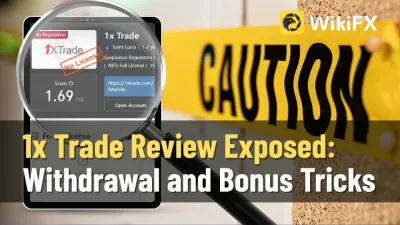
1x Trade scam: traders report that profits are being seized and withdrawals are being blocked. Review evidence and secure your funds now.
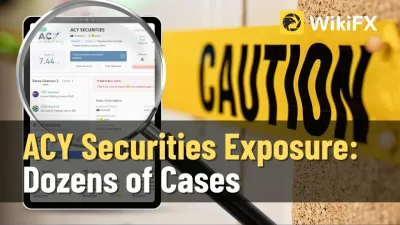
ACY Securities exposure: dozens of forex scam cases show withheld funds and account blocks; read reports, document losses, and stop deposits today.
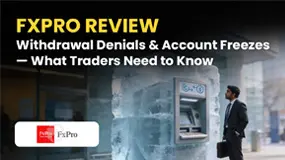
FxPro, a United Kingdom-based forex broker, has been facing severe allegations concerning fund withdrawal issues, illegitimate account freezes, trade manipulation, and poor customer support. These allegations have been doing the rounds on several broker review platforms such as WikiFX. In this FXPro review article, we have examined these allegations for you to look at. Keep reading to learn how the broker allegedly worsened traders’ experiences.
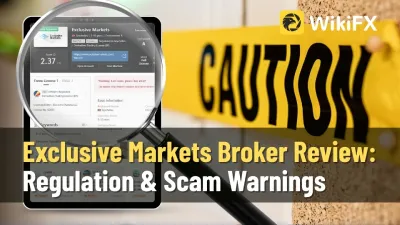
Exclusive Markets review highlights weak offshore regulation and rising scams, including unpaid withdrawals. Multiple exposures demand caution—verify before trading.
